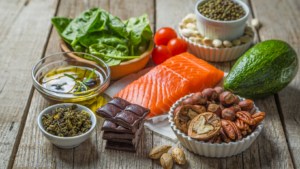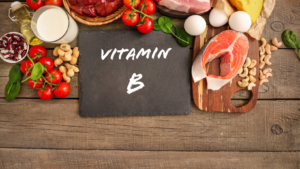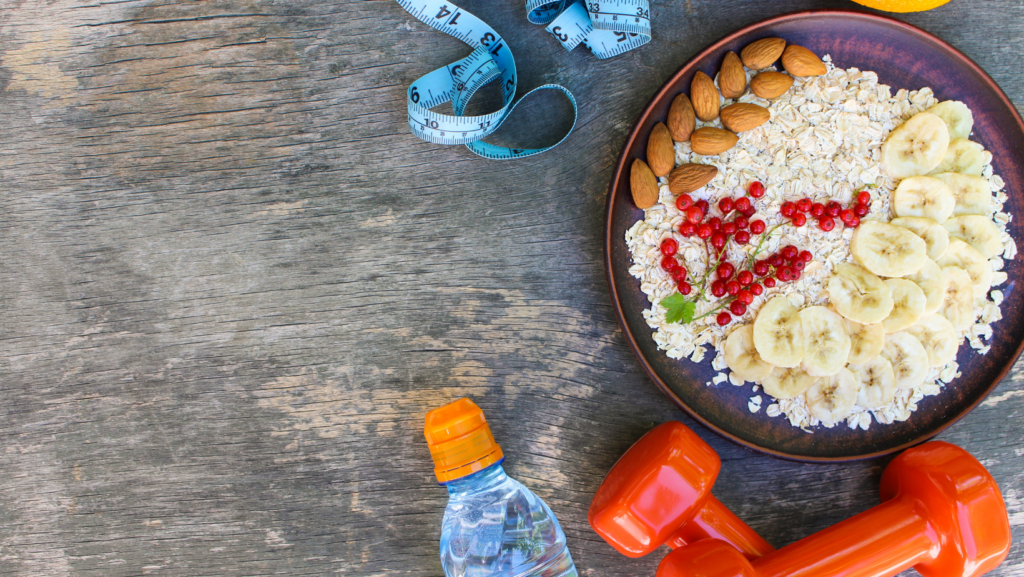Concussions, a type of traumatic brain injury, often leave individuals grappling with a range of symptoms that can disrupt daily life. While rest and medical care are crucial, nutrition plays a pivotal role in the recovery process. The right foods can help reduce inflammation, support brain function, and speed up healing, making diet an essential component of concussion management.
Emerging research highlights the power of nutrients in aiding brain recovery. Omega-3 fatty acids, antioxidants, and certain vitamins and minerals can significantly impact the brain’s ability to heal after injury. By understanding which foods to incorporate into their diet, individuals can take proactive steps toward a smoother recovery.
For those navigating the path to recovery, knowing what to eat is as important as knowing what to avoid. This article delves into the nutritional strategies that can aid in concussion recovery, providing a roadmap to support the brain’s healing journey.
Nutrition For Concussion Recovery
A concussion is a mild traumatic brain injury often caused by a blow to the head. Symptoms can include headaches, memory loss, and dizziness, which typically resolve within weeks. For optimal recovery, medical evaluation and cognitive rest are crucial. Managing lifestyle factors like sleep and stress levels also supports healing. Incorporating the right nutrition aids brain function during recovery. Emerging research highlights that specific nutrients can reduce inflammation and promote neural repair. Maintaining an environment that encourages both mental and physical rest can expedite the recovery process.
Role of Nutrition in Brain Health

Nutrition profoundly impacts brain health. Essential nutrients like omega-3 fatty acids, found in fish, support cognitive function and reduce inflammation. Antioxidants, present in fruits and vegetables, protect brain cells from damage. Vitamins B6, B12, and folate contribute to neurotransmitter production, enhancing communication between brain cells. Minerals like magnesium and zinc aid in brain function, playing roles in synaptic plasticity and memory. A balanced diet rich in varied nutrients supports optimal brain health and recovery. Maintaining consistent hydration further aids cognitive processes, ensuring the brain functions efficiently during recovery and daily activities.
Key Nutrients for Concussion Recovery

Certain nutrients significantly support concussion recovery by enhancing brain function and reducing inflammation. Omega-3 fatty acids, present in salmon and walnuts, are vital for brain cell repair and inflammation reduction. Antioxidants like vitamins C and E, found in berries and nuts, protect against oxidative stress. Vitamins B6 and B12, essential for neurotransmitter synthesis, are abundant in leafy greens and eggs. Magnesium and zinc, crucial for cognitive function, are in seeds and legumes. Creatine, aiding energy restoration, is found in meat and fish. Including these nutrients in a recovery-focused diet can promote optimal brain health and healing.
Dietary Tips for Optimal Recovery
Incorporating diverse foods aids concussion recovery by providing essential nutrients. Prioritize omega-3 fatty acids from salmon and walnuts for inflammation reduction. Consume antioxidant-rich foods like berries and nuts to protect brain cells. Include leafy greens and eggs, high in vitamins B6 and B12, for improved neurotransmitter production.
Ensuring adequate magnesium and zinc intake from seeds and legumes supports memory and brain function. Creatine, found in meat and fish, aids energy restoration. Swap sugary snacks for complex carbohydrates, like whole grains, to maintain energy levels. Stay hydrated with water and consider green tea for additional antioxidants.
Foods to Avoid

While focusing on beneficial nutrients is crucial, it’s equally important to steer clear of foods that could hinder recovery. Highly processed foods, rich in trans fats and sugars, can increase inflammation and should be minimized. Caffeine and alcohol may exacerbate symptoms like headaches and dizziness, so limiting their intake is advisable. Artificial additives and preservatives can also negatively impact brain health, making it wise to choose whole, natural foods. By avoiding these dietary pitfalls and prioritizing nutrient-rich options, individuals can support their brain’s healing process more effectively. This balanced approach not only aids in concussion recovery but also promotes overall brain health in the long term.

